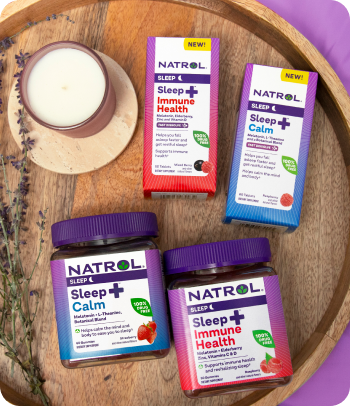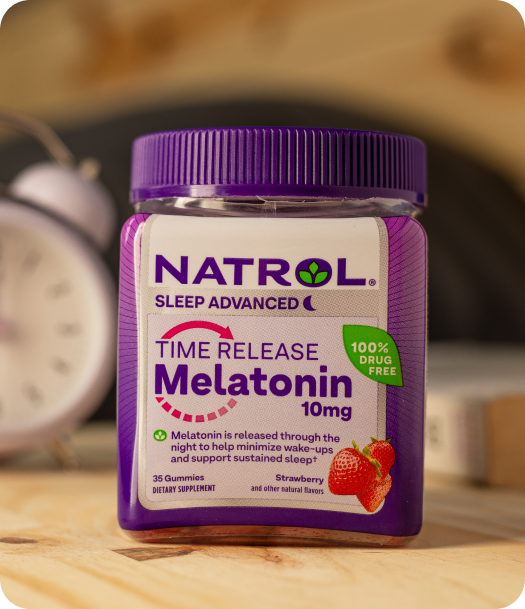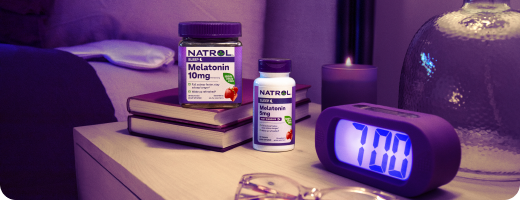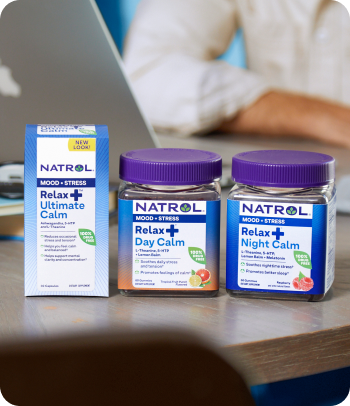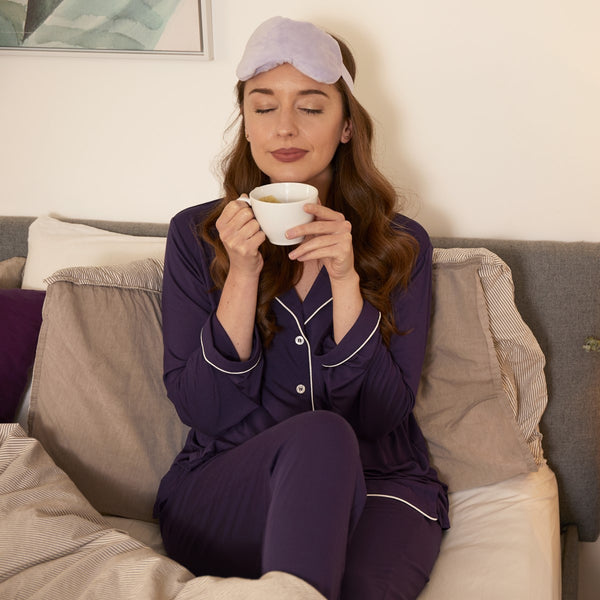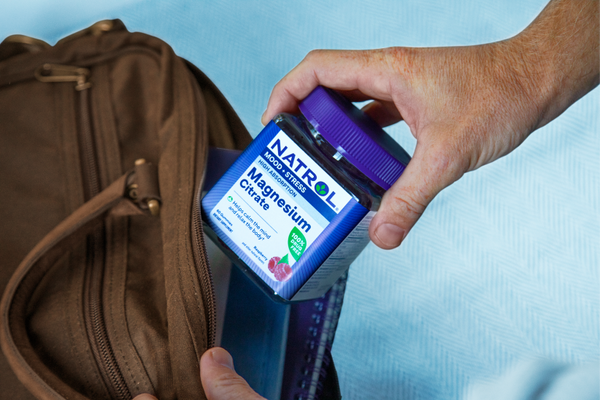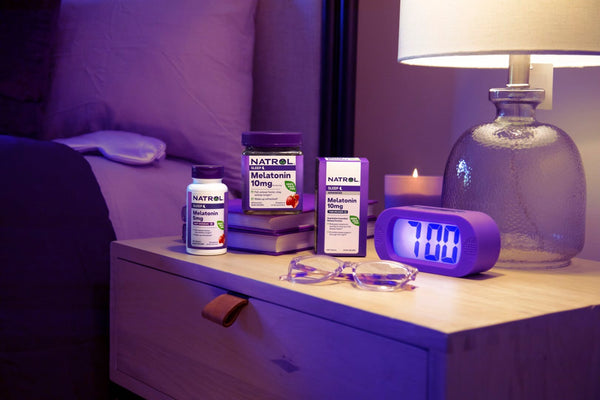What's Keeping You Awake?
From an ailing parent or exploding work project to your kiddo's distress over his next big baseball game,there are a zillion things that can keep you up at night. Some we can't control and some are in our power to change. "Almost anything you do during the day affects the way you sleep,"" says Michael Breus, PhD, author of BEAUTY SLEEP (Plume, 2008). And this means for better and for worse. Even various aspects of aging can rob us of sleep. As we get older, our bodies produce less melatonin, the sleep hormone. Women can have an even tougher time as sleep becomes more difficult during menopause. The good news is that certain habits can be powerful sleep aids.
5 Tips for Better Sleep:
- Regular exercise: research shows that regular exercise and meditation improves sleep quality (remember, knowing the effects exercise has on your body is key. For example, if exercise gives you long-lasting energy, be sure to hit the gym earlier in the day).
- Ditch the electronics: hyping up your brain by using electronics an hour before bedtime can make it harder to drift off to dreamland. Screens that glow with blue light, the brain’s most significant waking cue, are particularly detrimental.
- Set a sleep schedule: go to bed and wake up at the same time every day, even on weekends.
- Create a bedroom oasis: the atmosphere in your bedroom should include darkness, a humidifier for dry climates, a comfortable temperature and a good sleep surface.
- Consider taking a melatonin supplement: melatonin is a 100% drug-free sleep aid supplement that helps you fall asleep faster and stay asleep throughout the night.†
If you can’t fall asleep after 15 minutes or so, leave your bed to go relax again. In a softly lit room, read another chapter of your book or listen to soft music – or try our four tips for before bed relaxation to make you sleepy.
What to Do Before Going to Bed:
- Progressive muscle relaxation: tighten then relax each body part, beginning at your feet and moving up your body.
- Focused imagery: picture sunbathing near the ocean or lying beside a quiet creek – whatever image calms you.
- Abdominal breathing: deep breaths to pull air down into your belly.
- Meditation: either with a recording or on your own.







